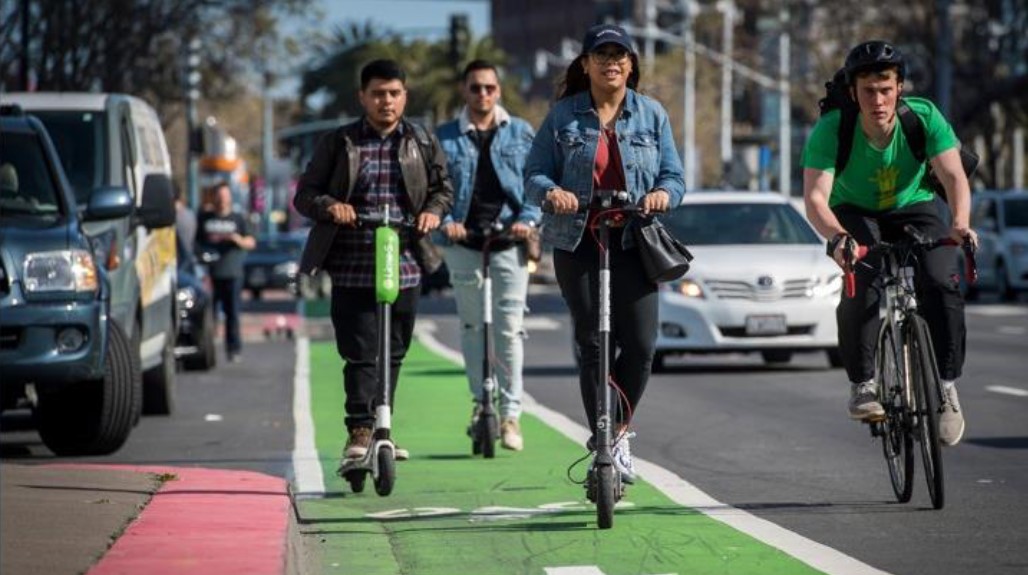New project in the portfolio: Safety and ease-of-use assessment of new electric vehicles for personal mobility in urban environment
Sometimes, development takes such a leap frog that you can hardly understand what really happened. The use of various forms of personal mobility vehicles, such as electric scooters, is one such example. Over one night, they were just here. From a research perspective, the phenomenon is incredibly interesting and we welcome our latest associated project into the portfolio.
The move towards a future sustainable transport system requires new transport solutions that are at the same time easy-to-use and safe. Among the new transport solutions, Electric Personal Mobility Vehicles (e-PMVs) have recently become very common in many cities around the world, including SAFER’s home town Göteborg. Their popularity seems to be growing every day. However, as e-PMVs become increasingly prevalent, crashes occurring while using these vehicles are also rising, according to the statistics reported in STRADA database. Most of these crashes are single-vehicle crashes, suggesting that stability and maneuverability are issues for e-PMVs. Besides, little information is available about the mechanisms causing the e-PMVs crashes and about public opinion on the safety concerns and ease-of-use of e-PMVs.The above-mentioned issues associated to the safety and ease-of-use of e-PMVs cannot be tackled without assuming a holistic view and looking at the problem from different perspectives. We therefore hope that this project will contribute with valuable knowledge.
Advices will be provided
The main objective of this new project is to provide advices that could support the design of policy instruments, e.g. infrastructure and regulations, and technological development of e-PVMs, to ensure a safe utilization of these vehicles. This objective will be achieved through three main activities:
1) analysis of e-PMVs’ crashes in the STRADA database.
2) quantitative evaluation of the stability and maneuverability of these vehicles.
3) qualitative assessment of the safety and ease-of-use of e-PVMs.
Interdisciplinary approach
The project leverages on the interdisciplinary approach and spans over several research areas within SAFER; crash prevention, human factors, and vehicle dynamics. Complementary methodologies, such as analysis of crash causation mechanisms, field experiments, questionnaires and co-creation workshops, will be used to study the safety needs of e-PVMs users and non-users.
Project participates are Prof. Marco Dozza and Giulio Bianchi Piccinini, Assistant Professor at Chalmers, Mechanics and Maritime Sciences, Vehicle Safety. Knowledge in vehicle dynamics is provided by Prof. Bengt Jacobson and Fredrik Bruzelius, Adjunct Professor at Chalmers, Mechanics and Maritime Sciences, Vehicle Engineering and Autonomous Systems. Also, Prof. MariAnne Karlsson and Pontus Wallgren, Senior Lecturer at Chalmers, Industrial and Materials Science, Design and Human Factors, participates in the project.
Project deliverables
The project aims to deliver:
- Publications in international scientific journals.
- Contribution to international conferences.
- Final workshop, involving different stakeholders from academia, organizational bodies and the society.
- Advises for the design of e-PVMs, urban infrastructure and regulations concerning e-PMVs.
- Dissemination activities through partners’ involvement in other European projects, e.g. MeBeSafe, national projects, e.g.MICA as well as Chalmers’ Automotive Engineering Master's Programme.
The project will be belong to SAFER’s Research area Road user behaviour.


